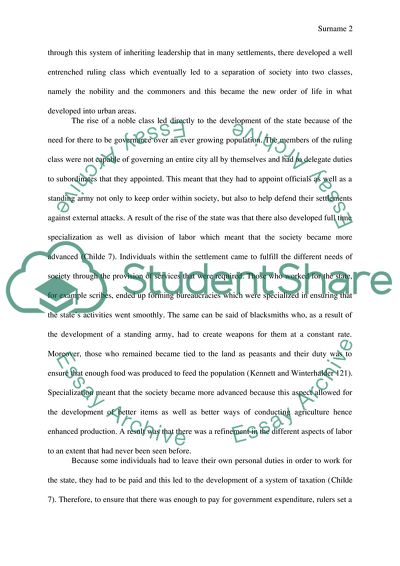Cite this document
(10 Civilization Defining Criteria by Gordon Childe Essay Example | Topics and Well Written Essays - 1500 words, n.d.)
10 Civilization Defining Criteria by Gordon Childe Essay Example | Topics and Well Written Essays - 1500 words. https://studentshare.org/anthropology/1854706-v-gordon-childes-10-criteria-defining-civilizations
10 Civilization Defining Criteria by Gordon Childe Essay Example | Topics and Well Written Essays - 1500 words. https://studentshare.org/anthropology/1854706-v-gordon-childes-10-criteria-defining-civilizations
(10 Civilization Defining Criteria by Gordon Childe Essay Example | Topics and Well Written Essays - 1500 Words)
10 Civilization Defining Criteria by Gordon Childe Essay Example | Topics and Well Written Essays - 1500 Words. https://studentshare.org/anthropology/1854706-v-gordon-childes-10-criteria-defining-civilizations.
10 Civilization Defining Criteria by Gordon Childe Essay Example | Topics and Well Written Essays - 1500 Words. https://studentshare.org/anthropology/1854706-v-gordon-childes-10-criteria-defining-civilizations.
“10 Civilization Defining Criteria by Gordon Childe Essay Example | Topics and Well Written Essays - 1500 Words”. https://studentshare.org/anthropology/1854706-v-gordon-childes-10-criteria-defining-civilizations.


